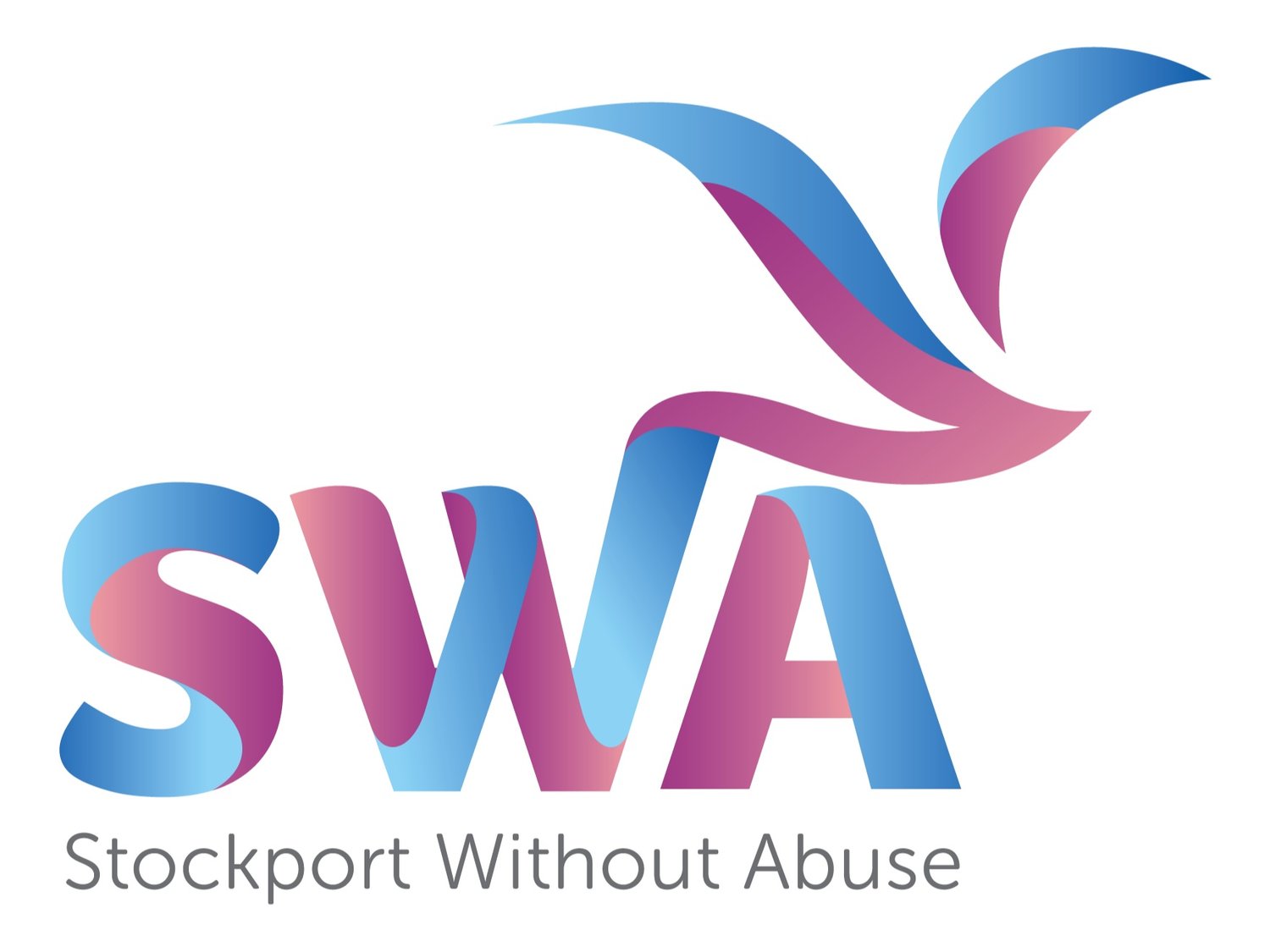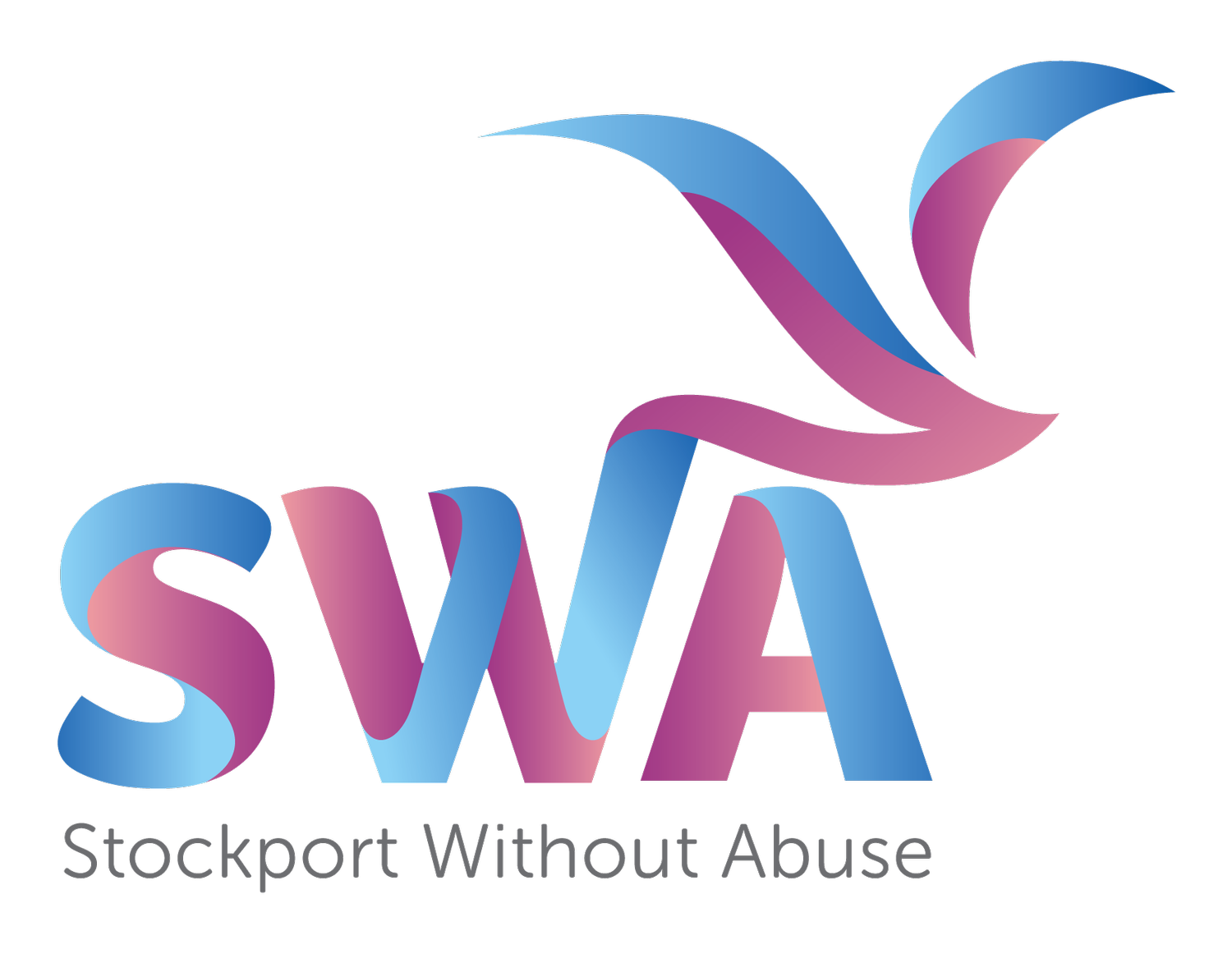Religious & Spiritual Abuse
Religious and spiritual abuse, in the context of domestic abuse, occurs when a victim is prevented from carrying out their religious or spiritual practices or are forced to engage in activities that are in conflict with their beliefs. Our religious and spiritual beliefs are entirely our own, and NOBODY has the right to make us act or feel otherwise.
This may include:
Preventing someone from attending their place of worship
Religious discrimination
Preventing someone from worshipping at all or in the way they wish to
Forcing someone to attend ceremonies for a religion which they do not practice
Forcing someone to eat foods that are forbidden by their religion
Destroying someone’s religious texts and articles
Mockery and verbal abuse of their religion
Forcing someone to act in a way which negates their religion
Forcing someone to relinquish their religion
Forcing someone to partake in a spiritual activity or belief which they do not wish to
Signs of Religious and Spiritual Abuse:
Recognizing religious and spiritual abuse is essential for breaking free from its grip. Here are some common signs to be aware of:
Coercion: Pressuring individuals to conform to specific religious beliefs or practices, often through threats of punishment.
Exploitation: Financial or sexual exploitation under the guise of religious authority.
Isolation: Cutting off individuals from their support networks, making them more dependent on the religious group.
Shaming and Guilt: Using religious teachings to instill feelings of shame or guilt in individuals.
Fear and Intimidation: Creating a climate of fear through threats of divine punishment or social ostracism.
Seeking Help and Healing:
If you or someone you know is experiencing religious or spiritual abuse, it's crucial to seek help, support, and healing. Here are steps to consider:
Reach Out: Confide in a trusted friend, family member, or therapist who can provide emotional support.
Therapy and Counseling: Seek therapy to address the emotional trauma and regain self-esteem.
Support Groups: Join support groups or organizations specializing in religious and spiritual abuse recovery.
Explore Spirituality Safely: If you desire, explore your spiritual beliefs outside of the abusive context with guidance from a trusted mentor or spiritual leader.
Legal Action: In cases of extreme abuse, consult with a solicitor or advocate about legal options, such as protective orders or reporting criminal activity.
Safety Plan: Develop a safety plan with professionals to ensure your overall well-being and that of your dependents.
Religious and spiritual abuse is a profound violation of one's faith and trust, and no one should have to endure it. Remember, you are not alone, and help is available. Reach out to the resources and support networks in your community to start your journey toward healing, empowerment, and a life free from abuse. Your spiritual well-being and autonomy deserve to be protected and nurtured.

